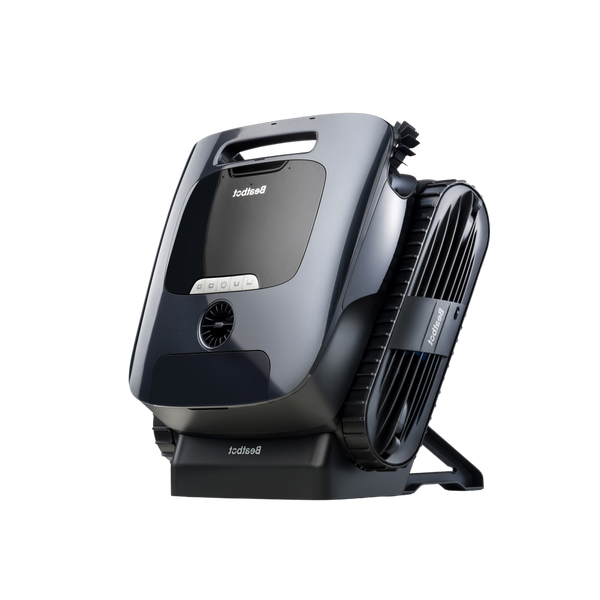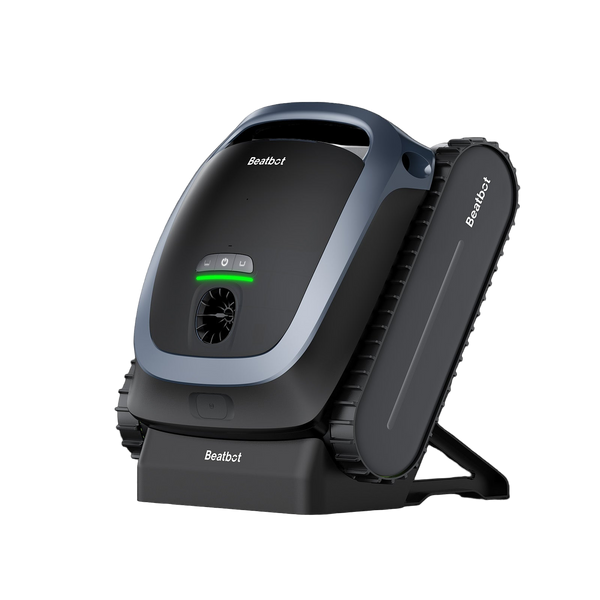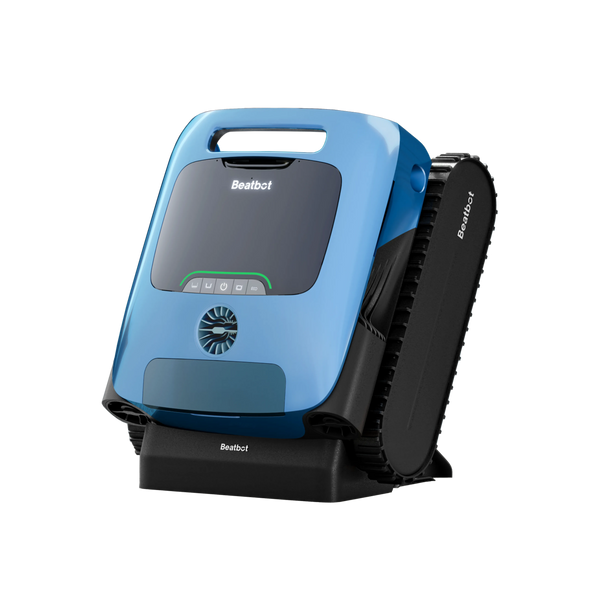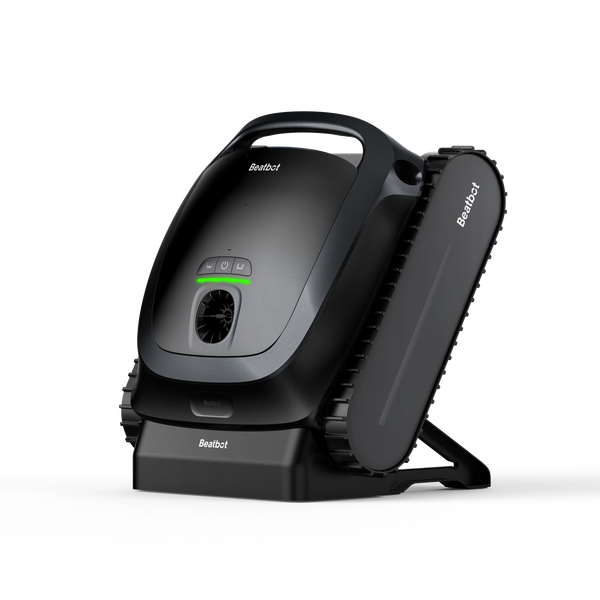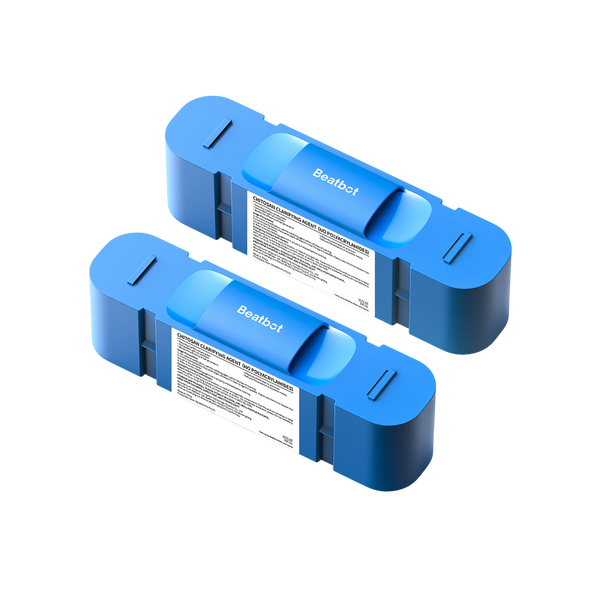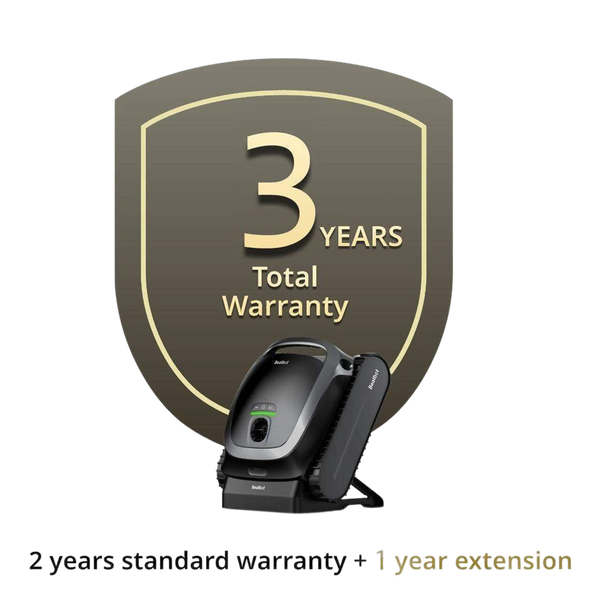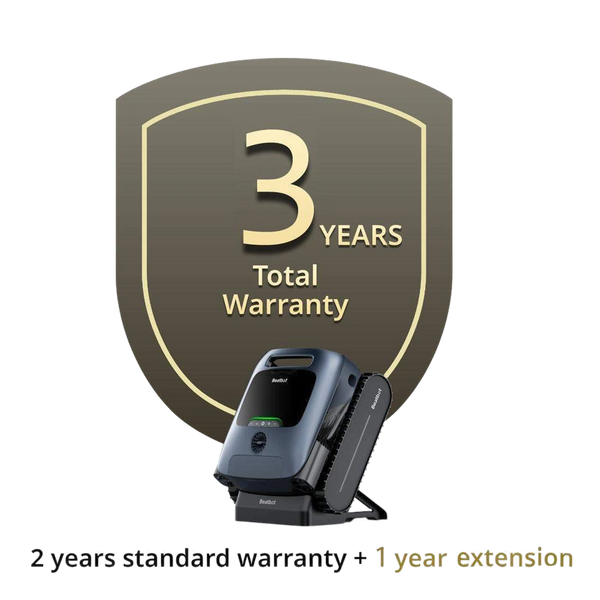The Essential Guide to Cyanuric Acid and Stabilizers
When it comes to pool maintenance, a stabilizer is an unsung hero! Let's talk about Cyanic Acid and Isocyanuric Urea, two essential stabilizers that help keep your pool water looking good. If your pool is outdoors, you know that sunlight can quickly destroy chlorine and reduce its efficiency.

That's balance in action. By slowing down this process, stabilizers help maintain proper chlorine content, ensuring that your pool stays clean and safe. Imagine them as pool sunscreen, protecting your chlorine from the sun's rays, so you don't have to keep up.
What is Cyanic Acid?
Cyanate may seem like a complex chemical, but it plays an important role in keeping your pool clean and balanced! This compound is a chlorine stabilizer, which means it helps protect the chlorine in your pool from the sun's powerful UV rays. Think of it like chlorine sunscreen.

When added to your pool, Cyanic Acid forms a weaker bond with the chlorine molecule, keeping the chlorine active longer, and the pool water remains disinfected. This helps you maintain clean water with less chlorine, save money, and make sure your pool stays foamy!
The Science Behind the Function of Cyanic Acid
Cyanide is like chlorine in your swimming pool. When the sun shines on your pool, strong ultraviolet rays decompose the chlorine and reduce its effectiveness. Cyanic Acid penetrates, absorbs these ultraviolet rays, prevents the chlorine from staying longer, still plays a role in controlling microorganisms.
However, we must realize that the balanced behavior. Although Cyanic Acid helps maintain chlorine, overuse reduces the effectiveness of chlorine to kill bacteria and other harmful substances. Think of it as a shield, moderate use can be very effective, overuse can weaken the grip! The key is to find the best location to sanitize and protect your pool.
Benefits of Cyanic Acid in Swimming Pool Maintenance
In order to save on chemical costs, Cyanic Acid is like a secret weapon for swimming. Installing chlorine will reduce the frequency of adding chlorine to your pool, and extend the life of the chemicals. This is especially useful in small home pools where it is difficult to maintain a chemical balance. When using cyanuric acid, the chlorine will last longer even at high temperatures. This not only means less trips to the pool supplement store, but it also means that your wallet will help you clean your pool more easily!
Cons of Cyanuric Acid
Although cyanuric acid is a close friend of chlorine in the pool, an overdose can cause problems. High concentrations of cyanuric acid reduce the effectiveness of the chlorine, which means it takes longer to kill bacteria and keep your pool clean.
If it is over 50 ppm, you may experience longer disinfection times and cloudier water. Additionally, too much cyanuric acid can throw off your chemical balance, leading to headaches in maintaining your pool. So, while it helps stabilize chlorine, a water meter is key to keeping your pool clean and safe!
Dichlor and Trichlor: Types of Cypermethrin

Dichloromethane is a flexible tank chemical, and can be used as a chlorine source or stabilizer. It is commonly used in rapid chlorination, and can be added to pool water. On the other hand, trichloroethylene, in pill or bar form, releases chlorine and Cyanic Acid, and helps protect the chlorine from sunlight.
Consider the size of your pool, exposure and routine maintenance when determining the amount of chlorine and chlorine. For small or short-term swimming pools, dichlor is your first choice, while trichlor is the best choice for large, sunny pools that need constant maintenance!
Cyanic Acid in Swimming Pools and Hydromassage: Why It's Not Recommended
Cyanic Acid is a pool stabilizer that helps protect the chlorine from the sun's ultraviolet rays, but in an indoor pool, you don't have to worry about sunlight. Therefore, adding Cyanic Acid is neither necessary nor beneficial! Hot tubs and spas are also strictly prohibited.
High temperature in hot water will reduce the effectiveness of Cyanic Acid to fix chlorine, reduce chlorine activity, and even bacteria growth. Keep your indoor swimming pool and bathtub free of Cyanic Acid contamination to maintain the best water quality and avoid any unnecessary problems!

Controlling the Level of Cyanic Acid in the Swimming Pool
Cyanic Acid helps protect the chlorine from the sun, but it is important to maintain appropriate levels. About 30 to 50 minutes, a little higher, you may have problems. If you see cloudy water, fight the chlorine mixture, or find that your chlorine is not being effectively disinfected, all of these may be signs of an excess of Cyanic Acid.
To reduce this, you can rinse a portion of the pool, and fill with fresh water. Regular checks are essential to maintain balance and clean the pool bubbles! Pay attention to these levels for a more stable swimming.
Cyanic Acid plays an important role in protecting the chlorine from the sun, but it is important to control it. Using dichloro and dichloro stabilizers in your outdoor pool helps balance the levels and ensure the chlorine is working effectively.
Remember, you need to check the Cyanic Acid regularly! Maintaining the recommended level will improve the performance of the chlorine and keep the pool clean. In order to further improve pool maintenance, the Beatbot iSkim Ultra robotic pool skimmer can help eliminate waste that can destroy the chemical balance. Effective cleaning can reduce the stress on the filtration system with minimal effort to ensure a cleaner and safer pool.


